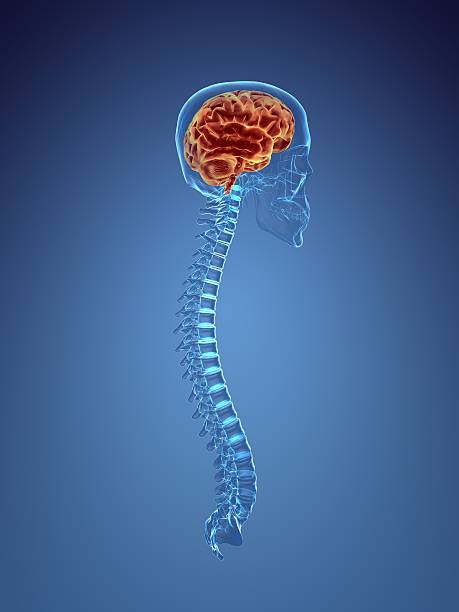Neuro Oncology: Brain and Spinal Tumors
Neuro-oncologyis a specialized field of medicine that focuses on the diagnosis, treatment, and research of cancers affecting the nervous system, which includes the brain, spinal cord, and peripheral nerves. Neuro-oncologists are medical professionals with expertise in managing both primary and metastatic tumors of the central and peripheral nervous systems.

More About Brain & Spinal Tumors
Brain and spinal tumors are abnormal growths of cells within the central nervous system (CNS), which consists of the brain and spinal cord. These tumors can be either benign (non-cancerous) or malignant (cancerous), and they can affect the brain, spinal cord, or the surrounding structures.
Brain Tumors
- Primary Brain Tumors: These originate in the brain itself. Examples include gliomas (like astrocytomas and glioblastomas), meningiomas, and pituitary tumors.
- Secondary Brain Tumors: Also known as metastatic brain tumors, these originate from cancers elsewhere in the body (like lung or breast cancer) and spread to the brain.
Symptoms of Brain Tumors:
- Headaches, often worse in the morning
- Seizures
- Changes in speech, vision, or hearing
- Balance problems
- Nausea or vomiting
- Cognitive or personality changes
- Weakness or numbness in limbs
Each type of brain tumor has unique characteristics, growth patterns, and treatment responses. Diagnosis usually involves neuroimaging (such as MRI or CT scans) and sometimes biopsy to determine the specific type and grade of the tumor.
Spinal Tumors
- Primary Spinal Tumors: These arise within the spine, either in the spinal cord (intramedullary), within the membranes surrounding the spinal cord (intradural-extramedullary), or within the bones of the spine (vertebral tumors).
- Secondary Spinal Tumors: These are metastases from cancers located in other parts of the body.
Symptoms of Spinal Tumors:
- Back pain, often radiating to other parts of the body
- Numbness, tingling, or weakness in the limbs
- Difficulty walking or balance problems
- Loss of bowel or bladder function
- Muscle weakness
Spinal tumors, depending on their type and location, can cause a variety of symptoms, including back pain, neurological deficits, and motor or sensory impairments. Diagnosis typically involves imaging studies such as MRI or CT scans, and sometimes a biopsy to confirm the type of tumor. Treatment options vary and may include surgery, radiation therapy, chemotherapy, or targeted therapies.
Spinal tumors can be classified based on their location within or around the spinal cord and spine, as well as their origin. They can be benign (non-cancerous) or malignant (cancerous). Here are the main types of spinal tumors: